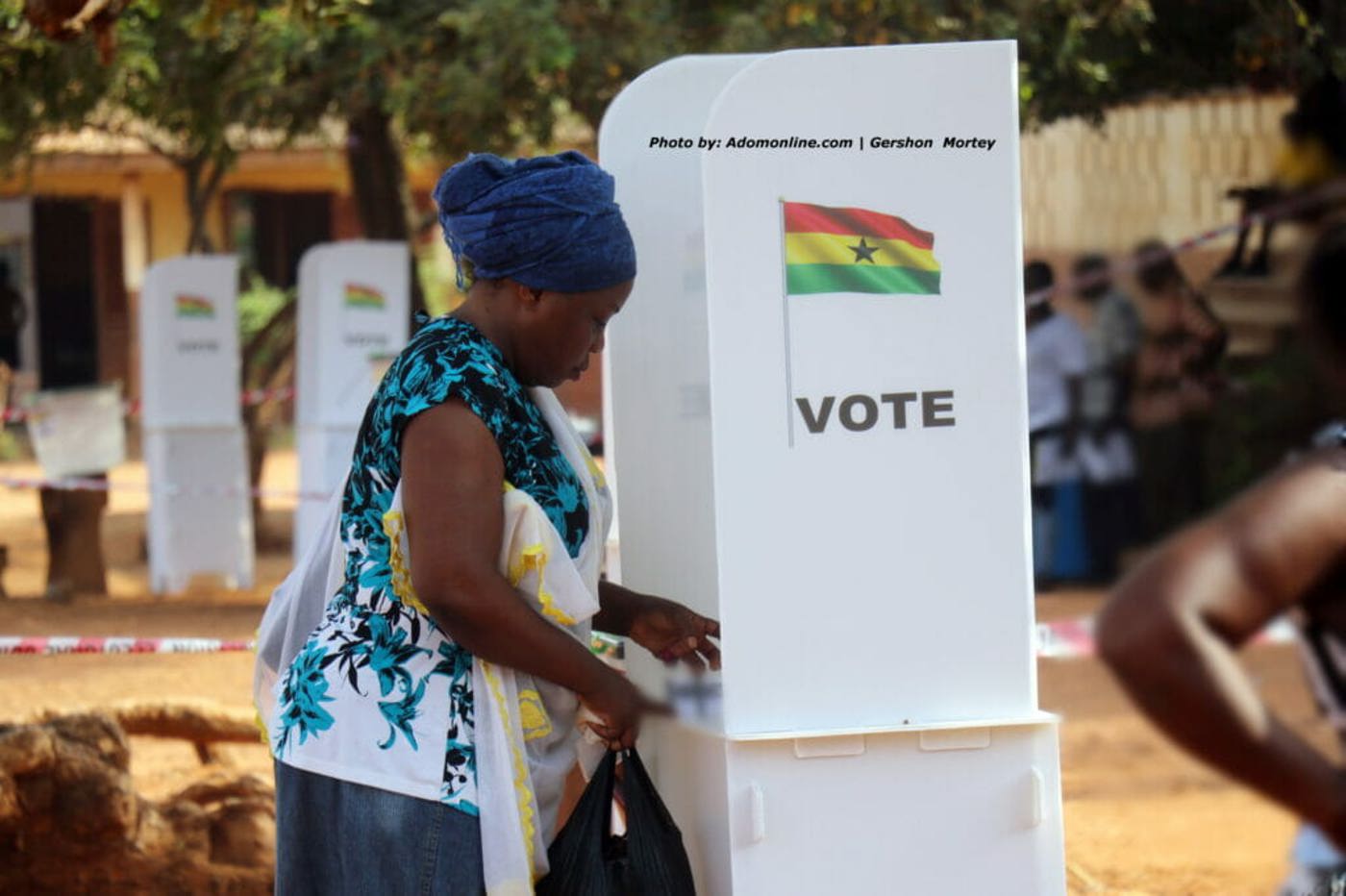
Project reference
15-0048-070-GHA-EFM_2019
Contract duration
2019
Budget
93,933
Regions
Africa (Western)
Countries
Ghana
Keywords
Elections, Institutional development, Justice/Rule of Law
European Union Electoral Follow-Up Mission (EU EFM) to Ghana, 2019
Ghana is commended for its good democratic track record, respect of human rights and economic performance over recent years. Following the successful referendum on the creation of six new regions, the administrative regions in Ghana increased from 10 to 16. Elections for the local councils in old and new regions are scheduled for December 2019, in parallel with a second referendum to change the system of election of these councils. These will be followed by presidential and parliamentary elections in December 2020.
An EU EOM was deployed to observe the closely contested Presidential and Parliamentary elections
held in December 2016. The preliminary findings of the EOM stressed that the elections delivered to
the Ghanaian citizens a well-administered and transparent vote. However, the EU EOM also pointed
to the misuse of incumbency including unequal access to state media.
Having in mind the local election of 2019, as well as the reccomendations that resulted from the EOM in 2016, a Follow Up mission was deplyed in order to:
identification of potential additional election/democracy support action which could contribute to
strengthening the implementation of the recommendations and/or to the overall improvement of the
electoral framework;
An EU EOM was deployed to observe the closely contested Presidential and Parliamentary elections
held in December 2016. The preliminary findings of the EOM stressed that the elections delivered to
the Ghanaian citizens a well-administered and transparent vote. However, the EU EOM also pointed
to the misuse of incumbency including unequal access to state media.
Having in mind the local election of 2019, as well as the reccomendations that resulted from the EOM in 2016, a Follow Up mission was deplyed in order to:
- Generate additional impetus for – or contribute to ongoing debates on – electoral reform;
- Identify areas of agreement and disagreement on EU EOM recommendations among the stakeholders and any political, technical, financial obstacles to electoral reform;
- Propose actions to overcome obstacles to electoral reform, including measures to develop support for and national ownership of the recommendations;
- Identify which EOM recommendations are most relevant to the prevailing country situation and the current phase of the electoral cycle;
- Assess any electoral reforms adopted/considered or planned since the last EOM and the degree to which these reflect EOM recommendations and their alignment with international standards for democratic elections;
- Assist the EU Delegation, EEAS and DEVCO in their assessment on whether ongoing cooperation and conflict prevention projects are addressing the recommendations made by EU EOMs.
identification of potential additional election/democracy support action which could contribute to
strengthening the implementation of the recommendations and/or to the overall improvement of the
electoral framework;
- Suggest any other possible EU actions that could contribute to strengthening the implementation of